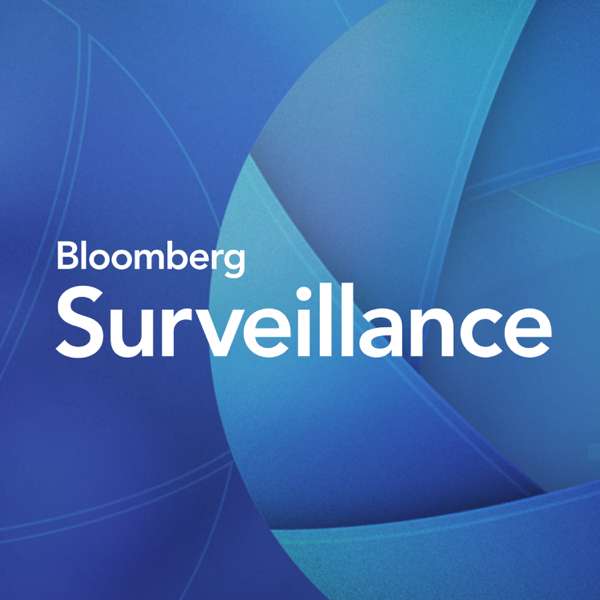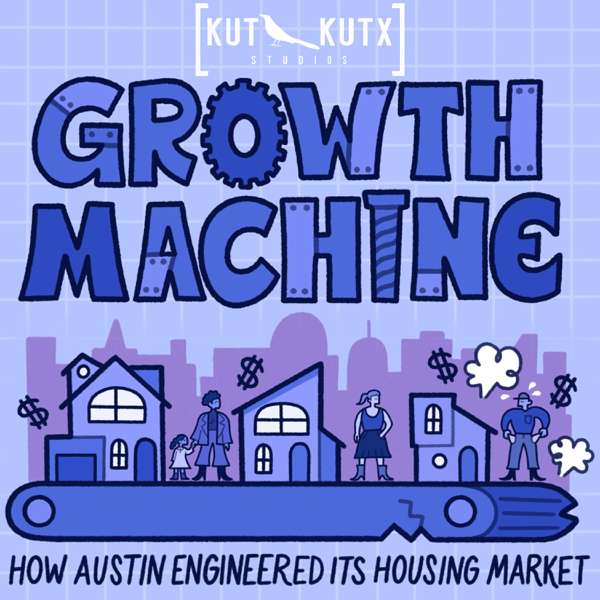The inclusion of ADA, SOL, and XRP alongside Bitcoin in Trump's proposed strategic reserve has sent shockwaves through cryptocurrency markets and raised alarming questions about the true intentions behind this initiative. Tony Arterburn of Wise Wolf Gold breaks down why this dramatic shift contradicts the original vision outlined in Nashville last summer.
"If you wanted to tank the idea of a Bitcoin strategic reserve, this is the way to do it," Arterburn states, highlighting the fundamental differences between decentralized Bitcoin and these corporate-controlled alternatives. While Bitcoin remains trustless and permission-less, the newly included cryptocurrencies all lead back to companies, boards of directors, and venture capital firms – with Ripple still controlling approximately 80% of all XRP tokens.
The conversation explores a troubling possibility: this initiative may represent a stealthy approach to establishing a government-controlled digital currency system through public-private partnerships. Despite promises that "there will never be a CBDC as long as I'm president," the focus on transaction-oriented cryptocurrencies suggests otherwise. As Arbin notes, "This has nothing to do with the strategic reserve. This is a hijacking of technology."
Meanwhile, physical precious metals continue showing strength amid the uncertainty. Central banks ordered approximately 1,048 tons of gold last year, continuing a multi-year trend of significant acquisitions, while the silver market faces a 215 million ounce deficit. These developments, coupled with Jim Rickards' revelation that Federal Reserve gold certificates from 1934 may claim more gold than the U.S. officially holds, paint a concerning picture of our financial foundation.
For listeners concerned about preserving wealth in these uncertain times, Arterburn offers practical solutions through Wise Wolf Gold, including innovative Bitcoin services with no fees when converting to precious metals. The message becomes clear: in a world of institutional distrust and chaotic policies, physical assets remain the most reliable store of value.

 Our TOPPODCAST Picks
Our TOPPODCAST Picks  Stay Connected
Stay Connected







